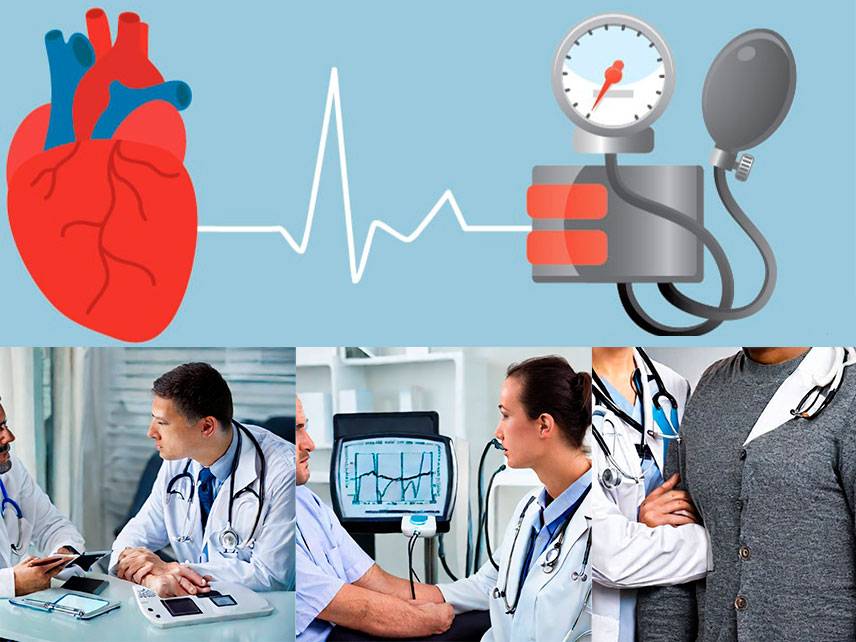Hypertension, or high blood pressure, is a condition in which the force of blood against the artery walls is too high. It often has no symptoms, but can lead to serious complications such as heart attack, stroke, and kidney disease. It is one of the most common conditions in the world, affecting 1 in 3 adults. It is important to know the signs and symptoms of hypertension, as well as the risk factors, so that it can be managed or prevented.
Signs and symptoms of hypertension
Coping and support for hypertension
Living with cardiovascular disease - hypertension
Signs and Symptoms of Hypertension
Hypertension often has no signs or symptoms, which is why it is referred to as the "silent killer". However, some people may experience headaches, shortness of breath, dizziness, or nosebleeds.
Causes of Hypertension
The exact cause of hypertension is unknown, but there are several factors that may increase your risk, such as age, family history, obesity, smoking, and excessive alcohol consumption.
Risk Factors for Hypertension
Some of the risk factors for hypertension include age, family history, obesity, smoking, excessive alcohol consumption, and stress.
Prevention of Hypertension
There are several lifestyle changes that can help to prevent hypertension, such as eating a healthy diet, exercising regularly, and reducing stress.
Prevention of Hypertension:
1. Eat a healthy diet
Include plenty of fresh fruits and vegetables, whole grains, low-fat dairy products, lean protein sources, and healthy fats. Avoid processed and fried foods, sugar-sweetened beverages, and excessive amounts of salt.
2. Get regular physical activity
Aim for at least 30 minutes of moderate-intensity physical activity five days a week. If you’re new to exercise, start slowly and gradually increase your activity level.
3. Maintain a healthy weight
Excess body weight increases your risk of developing hypertension. If you’re overweight, talk to your doctor about developing a weight-loss plan.
4. Limit alcohol consumption
If you choose to drink alcohol, do so in moderation. That means no more than two drinks per day for men and one drink per day for women.
5. Quit smoking
Smoking increases your risk of developing hypertension and other health problems. If you smoke, talk to your doctor about quitting and other strategies to reduce your risk.
6. Reduce stress
Regularly practice relaxation and stress-reduction techniques such as deep breathing, yoga, and meditation.
7. Monitor your blood pressure
If you’re at risk for developing hypertension, regularly check your blood pressure at home or at your doctor’s office.
8. Talk to your doctor
If you’re at risk for developing hypertension, talk to your doctor about ways to reduce your risk. They may suggest lifestyle changes or medications to help keep your blood pressure in a healthy range.
Diagnosis of Hypertension
Hypertension is usually diagnosed during a routine physical exam. Your doctor will measure your blood pressure and check for any other signs or symptoms.
Treatment of Hypertension
The treatment for hypertension depends on the severity of the condition and the underlying cause. Treatment options include lifestyle changes, such as eating a healthy diet and exercising regularly; medications, such as diuretics and beta-blockers; and surgery.
Prognosis of Hypertension
The prognosis of hypertension depends on the severity of the condition and the underlying cause. In most cases, it can be managed with lifestyle changes and/or medications.
Coping and Support for Hypertension
If you have been diagnosed with hypertension, it is important to manage your condition and stay healthy. This can be done by eating a healthy diet, exercising regularly, and reducing stress. Your doctor may also recommend joining a support group or talking to a mental health professional.
Complications of Hypertension
Left untreated, hypertension can lead to serious complications, such as stroke, heart attack, and kidney disease.
Living with Cardiovascular Disease — Hypertension
If you have been diagnosed with hypertension, it is important to manage your condition and stay healthy. This can be done by eating a healthy diet, exercising regularly, and reducing stress. Your doctor may also recommend taking medications and participating in cardiac rehabilitation.
Hypertension is a serious condition that can lead to serious complications, such as stroke, heart attack, and kidney disease. It is important to be aware of the signs and symptoms of hypertension, as well as the risk factors and prevention strategies. With lifestyle changes and/or medications, hypertension can be managed and complications can be prevented.





